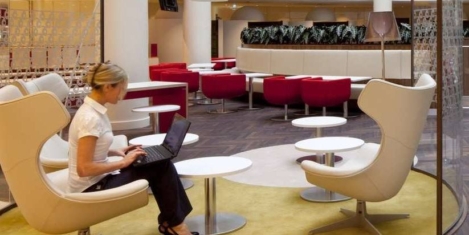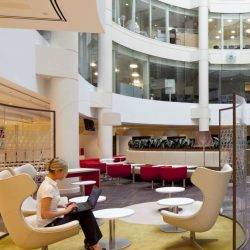May 17, 2017
UK employees three times more likely to work when ill than to pull a sickie 0
 Seven in ten UK employees – equivalent to 18 million nationally – have gone to work feeling unwell when they should have taken the day off, while less than a quarter (23 percent) say they have taken a day off work sick when they were not actually unwell, indicating that UK employees are three times more likely to go to work unwell than they are to ‘pull a sickie,’ a new report claims. The fourth edition of the Aviva Working Lives Report, which examines the attitudes and experiences of employers and employees on issues affecting the present and future of the UK workplace – also carries a wake-up call to businesses, as more than two in five (43 percent) employees feel their employer puts the results of the company ahead of their health and wellbeing as more than two in five (41 percent) say their work will pile up if they are off sick.
Seven in ten UK employees – equivalent to 18 million nationally – have gone to work feeling unwell when they should have taken the day off, while less than a quarter (23 percent) say they have taken a day off work sick when they were not actually unwell, indicating that UK employees are three times more likely to go to work unwell than they are to ‘pull a sickie,’ a new report claims. The fourth edition of the Aviva Working Lives Report, which examines the attitudes and experiences of employers and employees on issues affecting the present and future of the UK workplace – also carries a wake-up call to businesses, as more than two in five (43 percent) employees feel their employer puts the results of the company ahead of their health and wellbeing as more than two in five (41 percent) say their work will pile up if they are off sick.





































